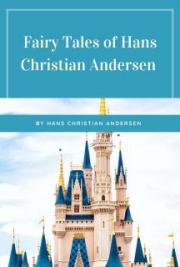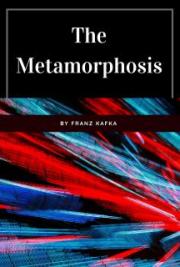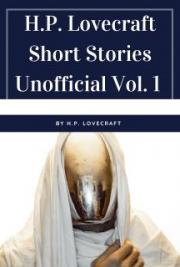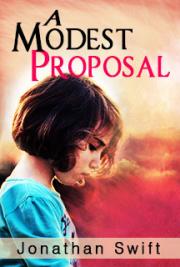Major Wilbraham
By HUGH WALPOLE
(From The Chicago Tribune)
1921
I am quite aware that in giving you this story just as I was told it I shall incur the charge of downright and deliberate lying.
Especially I shall be told this by any one who knew Wilbraham personally. Wilbraham was not, of course, his real name, but I think that there are certain people who will recognize him from this description of him. I do not know that it matters very much if they do. Wilbraham himself would certainly not mind did he know. (Does he know?) It was the thing above all that he wanted those last hours before he died--that I should pass on my conviction of the truth of what he told me to others. What he did not know was that I was not convinced. How could I be? But when the whole comfort of his last hours hung on the simple fact that I was, of course I pretended to the best of my poor ability. I would have done more than that to make him happy.
It is precisely the people who knew him well who will declare at once that my little story is impossible. But did they know him well? Does any one know any one else well? Aren't we all as lonely and removed from one another as mariners on separate desert islands? In any case I did not know him well and perhaps for that very reason was not so greatly surprised at his amazing revelations--surprised at the revelations themselves, of course, but not at his telling them. There was always in him--and I have known him here and there, loosely, in club and London fashion, for nearly twenty years--something romantic and something sentimental. I knew that because it was precisely those two attributes that he drew out of me.
Most men are conscious at some time in their lives of having felt for a member of their own sex an emotion that is something more than simple companionship. It is a queer feeling quite unlike any other in life, distinctly romantic and the more that perhaps for having no sex feeling in it.
Like the love of women, it is felt generally at sight, but, unlike that love, it is, I think, a supremely unselfish emotion. It is not acquisitive, nor possessive, nor jealous, and exists best perhaps when it is not urged too severely, but is allowed to linger in the background of life, giving real happiness and security and trust, standing out, indeed, as something curiously reliable just because it is so little passionate. This emotion has an odd place in our English life because the men who feel it, if they have been to public school and university, have served a long training in repressing every sign or expression of sentiment towards any other man; nevertheless it persists, romantically and deeply persists, and the war of 1914 offered many curious examples of it.
Wilbraham roused just that feeling in me. I remember with the utmost distinctness my first meeting with him. It was just after the Boer war and old Johnny Beaminster gave a dinner party to some men pals of his at the Phoenix. Johnny was not so old then--none of us were; it was a short time after the death of that old harpy, the Duchess of Wrexe, and some wag said that the dinner was in celebration of that happy occasion. Johnny was not so ungracious as that, but he gave us a very merry evening and he did undoubtedly feel a kind of lightness in the general air.
There were about fifteen of us and Wilbraham was the only man present I'd never seen before. He was only a captain then and neither so red faced nor so stout as he afterwards became. He was pretty bulky, though, even then, and with his sandy hair cropped close, his staring blue eyes, his toothbrush moustache and sharp, alert movements, looked the typical traditional British officer.
There was nothing at all to distinguish him from a thousand other officers of his kind, and yet from the moment I saw him I had some especial and personal feeling about him. He was not in type at all the man to whom at that time I should have felt drawn. My first book had just been published and, although as I now perceive, its publication had not caused the slightest ripple upon any water, the congratulations of my friends and relations, who felt compelled, poor things, to say something, because "they had received copies from the author," had made me feel that the literary world was all buzzing at my ears. I could see at a glance that Kipling was probably the only "decent" author about whom Wilbraham knew anything, and the fragments of his conversation that I caught did not promise anything intellectually exciting from his acquaintanceship.
The fact remains that I wanted to know him more than any other man in the room, and although I only exchanged a few words with him that night, I thought of him for quite a long time afterwards.
It did not follow from this as it ought to have done that we became great friends. That we never were, although it was myself whom he sent for three days before his death to tell me his queer little story. It was then at the very last that he confided to me that he, too, had felt something at our first







